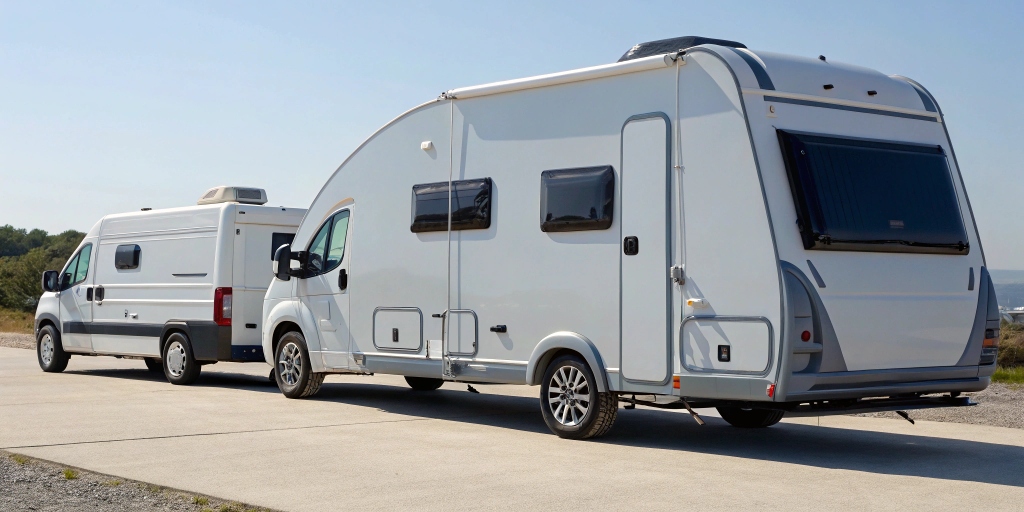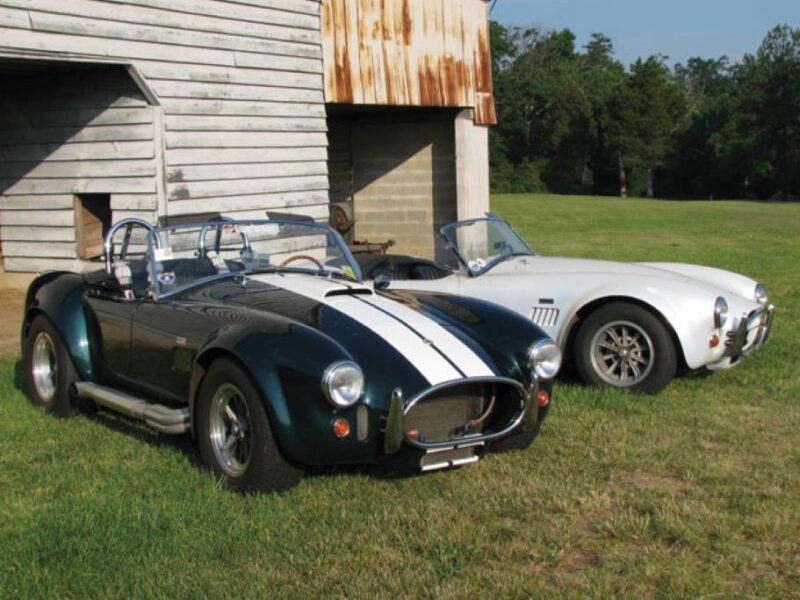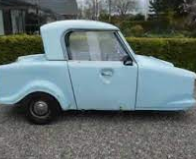The terms “camper” and “campervan” are sometimes used interchangeably, but there are some key differences:
Size: Campervans are generally smaller and more maneuverable than campers. They are typically converted vans, like the classic VW bus, while campers can refer to larger motorhomes built on truck chassis.
Amenities: Campers, also known as motorhomes, tend to have more amenities than campervans. This includes bathrooms with showers, built-in kitchens, and separate living spaces. Campervans may have some or all of these features, but in a more compact and basic form.
Driving Experience: Their smaller size makes campervans easier to drive and park than campers. They also tend to get better gas mileage.
Here’s a table summarizing the key differences:
| Feature | Campervan | Camper (Motorhome) |
| Size | Smaller, more maneuverable | Larger |
| Amenities | Fewer amenities may lack a bathroom | More amenities, including bathrooms and separate living areas |
| Driving Experience | Easier to drive and park, better gas mileage | More challenging to drive and park, lower gas mileage |

Here’s some more detailed information on campers vs campervans to help you decide which might be right for you:
Campervans:
-
Types:
- Converted Vans: These are regular cargo vans transformed with beds, storage, and sometimes basic cooking facilities. They come in various sizes, from compact options like the Renault Kangoo to larger vans like the Ford Transit.
- Pop-Top Vans: These vans have a roof that expands to create more headroom and sometimes additional sleeping space. They offer a good balance between size and functionality.
-
Pros:
- Maneuverability: Easier to drive and park, especially in tight spaces and cities.
- Fuel Efficiency: Smaller size translates to better gas mileage.
- Discretion: Can potentially blend in with regular traffic, making them ideal for stealth camping (camping outside designated campgrounds).
- Cost: Generally cheaper to purchase, maintain, and insure compared to campers.
-
Cons:
- Limited Space: Can feel cramped, especially for more than a couple of people.
- Amenities: May lack bathrooms, showers, or dedicated kitchen areas.
- Storage: Less storage space compared to campers.
Campers (Motorhomes):
-
Types:
- Class A: The largest and most luxurious type, resembling a bus with all the comforts of home, including slide-out rooms for extra space.
- Class B: Similar to converted vans but generally larger and with more built-in amenities.
- Class C: A mid-size option offering a good balance between size, features, and maneuverability. They are often built on truck chassis with an overhang housing the living area.
-
Pros:
- Comfort and Amenities: Provide a more home-like experience with features like bathrooms, showers, kitchens, and separate sleeping areas.
- Storage: Ample storage space for all your gear.
- All-Weather Capability: Many models are better insulated for colder climates.
-
Cons:
- Size and Maneuverability: Can be challenging to drive and park, especially in tight spaces.
- Fuel Efficiency: Lower gas mileage due to their larger size and weight.
- Cost: More expensive to purchase, maintain, and insure compared to campervans.
- Campground Reliance: May require designated campsites due to their size and need for hookups (water, electricity, sewage).
Additional factors to consider:
- Travel Style: Do you prefer a more spontaneous, off-the-grid adventure, or a comfortable, pre-planned trip with all the amenities?
- Number of Travelers: How many people will be traveling with you? Campers offer more space for larger groups.
- Budget: Consider both the initial purchase price and ongoing costs like gas, maintenance, and camping fees.
I hope this extra information helps you decide which option best suits your needs and travel style!
In short, if you prioritize comfort and amenities, a camper might be the better choice. If you value maneuverability, fuel efficiency, and a more adventurous feel, a campervan might be a better fit.
Find out more:
Is Kenworth T680 a Good Truck? Exploring Performance, Longevity, and Luxury
Detroit DD15 Engine Reviews: Power, Performance, and Durability






